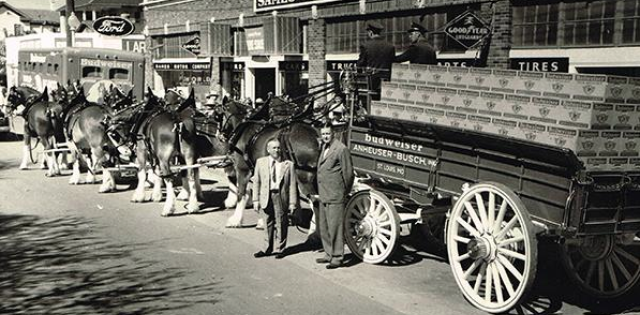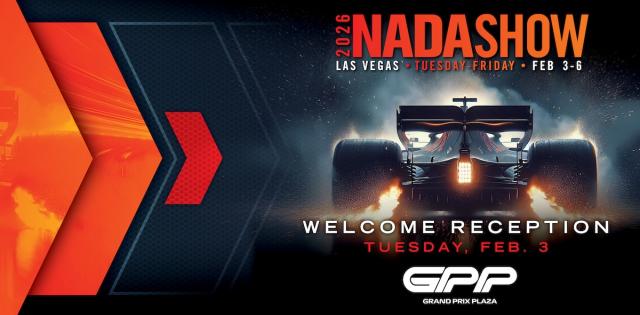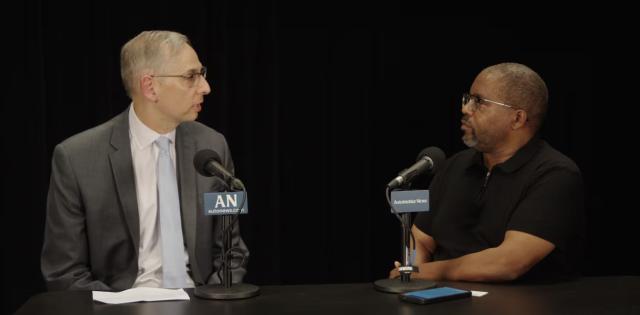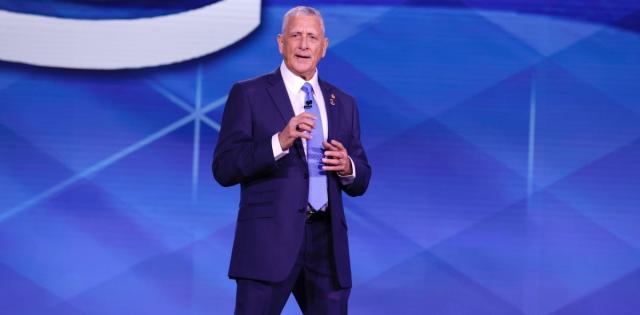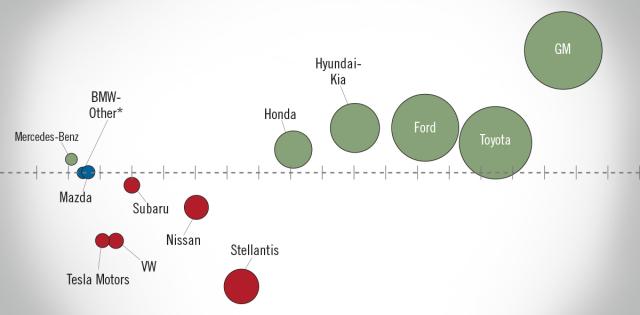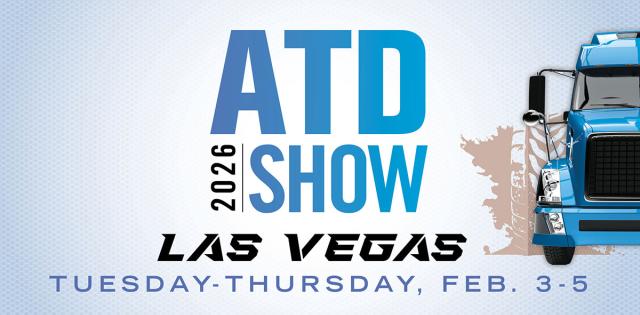Modernize the Truck Fleet Week kicks off in the nation’s capital on June 17.
WASHINGTON – The Modernize the Truck Fleet (MTF) coalition held a briefing for U.S. Senate staff on Monday to reinforce the need to repeal the antiquated federal excise tax (FET) on the sale of heavy-duty trucks and trailers.
“The federal excise tax on trucks was created 102 years ago to help defray the costs associated with World War I,” said Jodie Teuton, chairwoman of the American Truck Dealers (ATD), who moderated the briefing. “The FET, which is levied at the point of sale, deters the purchase of a new truck and in turn delays the adoption of the newest environmental and safety technologies.”
The MTF coalition supports H.R. 2381, a House bill to repeal the FET and to identify viable funding options to replace the tax with a more consistent revenue stream for the Highway Trust Fund.
The legislation currently has 14 bipartisan cosponsors. A senate bill is expected to be introduced soon.
“As Congress considers comprehensive legislation to help modernize our infrastructure, there is an opportunity to modernize the Highway Trust Fund and replace this outdated tax with a more stable revenue mechanism,” added Teuton.
Teuton also noted that the week of June 17 is “Modernize the Truck Fleet Week”. The MTF coalition is leading MTF week to promote FET repeal and highlight the need to modernize the truck fleet. The week includes Washington, D.C. fly-ins for ATD and the Truck Renting and Leasing Association on Capitol Hill, and a press conference near the U.S. Capitol.
At the Senate briefing, panelist George Grask, CEO of Grask Peterbilt in Davenport, Iowa, added that the FET significantly increases the cost of purchasing a new truck.
“The tax often adds as much as $22,000 to the price of a new heavy-duty truck,” he said. “In addition, the FET is a complicated and difficult tax to administer, and truck dealers, who are responsible for collecting and remitting the tax, incur considerable costs when navigating IRS regulations that apply to the tax.”
Panelist Chris Hummer, president of Don Hummer Trucking in Cedar Rapids, Iowa, said his company has purchased 145 new tractors and 550 new trailers since the beginning of 2017. The company has paid about $4.8 million in FET over this time period.
“The 12% tax not only ties up capital, but it also makes all optional equipment such as lane departure warning, adaptive cruise control and other collision avoidance technologies relatively more expensive,” Hummer said. “Aerodynamic devices and idle reduction systems, which improve overall fuel mileage and decrease emissions are other areas of optional equipment that is made relatively more expensive by the tax.”
Hummer pointed out that depending on the use of the truck or trailer, the effective tax rate per mile can vary wildly. “You have to pay it if you are driving 25 miles this year on public roads or 100,000 miles,” he added. Hummer, whose family business employs 425 people, added that the FET penalizes companies that are investing in the safest, most environmentally friendly equipment in the form of increased taxes.
“We shouldn’t be penalized for doing the right thing,” he concluded.
For more information, see the FET issue brief and Clean Trucks fact sheet.

